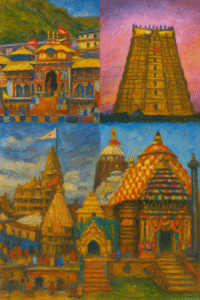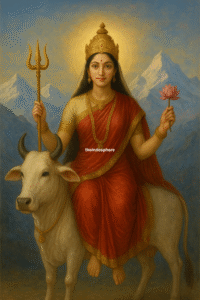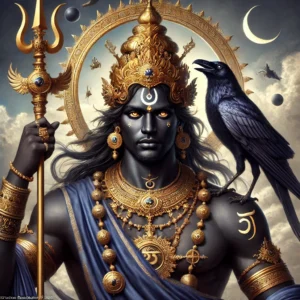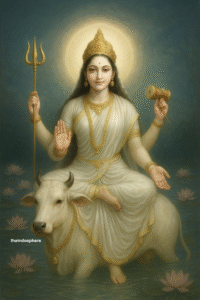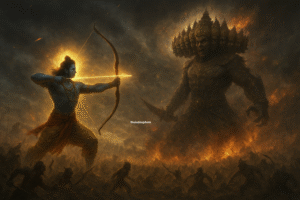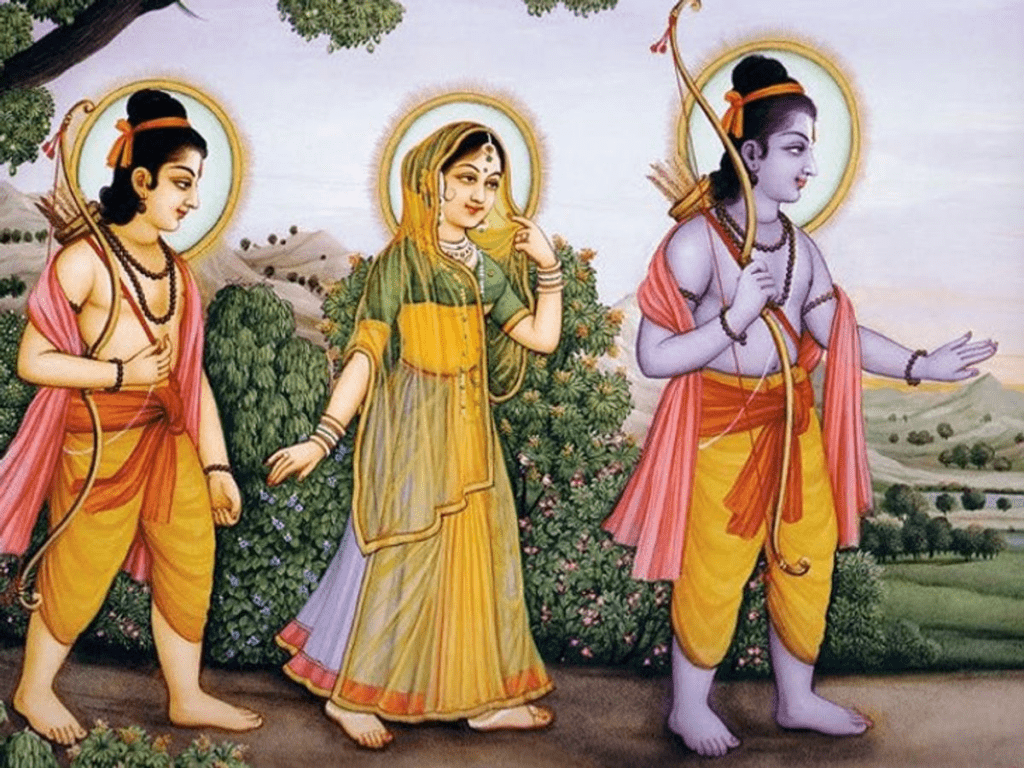
Introduction: What is Diwali?
Diwali, also known as the “Festival of Lights,” is one of the most significant and widely celebrated festivals in India and among Hindus globally. It symbolizes the victory of light over darkness and good over evil, encompassing religious, cultural, and social dimensions. The festival is celebrated with great enthusiasm by millions of people worldwide, irrespective of their cultural or religious background.
1. Historical Background and Significance
Return of Lord Rama: Diwali traces its roots to the ancient epic, Ramayana, marking the return of Lord Rama, Sita, and Lakshmana to Ayodhya after the defeat of the Lanka king Ravana. The jubilant citizens illuminated their city with earthen lamps, symbolizing the triumph of good over evil.
Another popular narrative involves Lord Krishna’s victory over the demon Narakasura, which is particularly celebrated in southern India. The festival is also linked to the worship of Goddess Lakshmi, the deity of wealth and prosperity, who is believed to visit homes that are clean and brightly lit.
2. Religious Practices and Rituals
Diwali is rich with rituals that span over five days, each with deep religious and cultural significance:
- Dhanteras: The first day of Diwali, Dhanteras, marks the beginning of the festival. People clean their homes and purchase items made of gold or silver, symbolizing wealth and prosperity. It’s believed that buying precious metals on this day brings good fortune.
- Choti Diwali (Naraka Chaturdashi): On the second day, known as Choti Diwali or Naraka Chaturdashi, people wake up early and apply fragrant oils before taking a ritual bath, which is believed to remove sins and impurities. The day is also marked by small-scale fireworks and the preparation of festive foods.
- Lakshmi Puja: The third day, and the most important, is dedicated to Lakshmi Puja. Families worship Goddess Lakshmi, the deity of wealth, along with Lord Ganesha, the remover of obstacles. Homes are decorated with oil lamps (diyas), candles, and intricate rangolis (patterns created on the floor using colored powders). The puja involves offerings of sweets, flowers, and incense, accompanied by the chanting of prayers. This day also sees the lighting of fireworks to drive away evil spirits.
- Govardhan Puja (Padwa): The fourth day, Govardhan Puja, commemorates Lord Krishna’s lifting of the Govardhan Hill to protect the people of Gokul from torrential rains sent by Indra, the god of thunder. This day is also celebrated as Annakut, where large quantities of food are prepared and offered to Krishna as a mark of gratitude. In some parts of India, it is also observed as Padwa, celebrating the bond between husbands and wives.
- Bhai Dooj: The fifth and final day, Bhai Dooj, celebrates the bond between brothers and sisters. Sisters perform aarti (a ritual of worship) for their brothers and pray for their well-being, while brothers give gifts in return. It’s similar in spirit to Raksha Bandhan, another festival that honors sibling relationships.
3. Diwali Celebrations Across the World
The global celebration of Diwali has not only spread the cultural significance of the festival but has also fostered cultural exchange. In many countries, Diwali is celebrated by people of various backgrounds, promoting multiculturalism and understanding. The festival has also become a symbol of India’s soft power, with international landmarks like the Sydney Opera House and Niagara Falls being lit up in honour of Diwali.
South Africa: Diwali in South Africa is celebrated by the Indian community, particularly in Durban, which has a large population of Indian origin. The festival involves traditional rituals, lighting of lamps, and public celebrations, reflecting the rich cultural diversity of the nation.
Nepal: In Nepal, Diwali is celebrated as Tihar or Swanti. The festival lasts for five days, similar to Indian traditions, but with slight variations. The first day is dedicated to worshiping crows, the messengers of death, while the second day honors dogs as the protectors of homes. The third day celebrates cows, considered sacred in Hinduism, and the fourth day involves Govardhan Puja. The festival ends with Bhai Tika, where brothers and sisters exchange gifts and blessings.
Sri Lanka: In Sri Lanka, Diwali is observed mainly by the Tamil Hindu community. The celebrations are quite similar to those in India, with homes decorated with oil lamps and rangolis, and fireworks lighting up the night sky. The significance of Diwali in Sri Lanka is closely tied to the epic Ramayana, as it is believed that Lord Rama’s battle against Ravana, the demon king, took place here.
Indonesia: Although a predominantly Muslim country, Indonesia has a significant Hindu population, especially in Bali, where Diwali is celebrated. The festival is known as “Deepavali” and involves lighting oil lamps, making offerings to gods, and performing traditional Balinese dances. The emphasis is on spiritual cleansing and renewal.
Malaysia: In Malaysia, Diwali, known as Hari Diwali, is a public holiday. The celebrations are marked by prayers in Hindu temples, lighting oil lamps, and family feasts. The tradition of open houses is common, where families invite friends and neighbors of all faiths to partake in the festivities, symbolizing unity and multicultural harmony.
Singapore: Singapore’s Little India transforms into a vibrant hub of activity during Diwali. The streets are adorned with colorful lights, and there are bazaars selling traditional Indian sweets, clothes, and decorations. The celebrations also include cultural performances, fireworks, and the lighting of oil lamps in homes and temples.
Mauritius: Diwali in Mauritius, home to a large Indian community, is a major public event. The entire island comes alive with lights, music, and festive cheer. Families clean and decorate their homes, exchange sweets, and participate in prayers and rituals similar to those in India.
Trinidad and Tobago: In the Caribbean nation of Trinidad and Tobago, Diwali is celebrated with much enthusiasm. The festival is marked by the lighting of clay lamps, cultural performances, and community gatherings. The local Indian community, descendants of indentured laborers brought to the islands in the 19th century, have preserved and adapted their cultural practices, making Diwali a vibrant celebration that is recognized nationally.
Fiji: Diwali is a public holiday in Fiji, celebrated by the large Indian community. The festival is marked by traditional rituals, prayers, and the sharing of sweets. Fijians of all backgrounds join in the festivities, highlighting the country’s multicultural ethos.
United States, Canada, and the United Kingdom: Diwali has gained popularity in Western countries with significant Indian diasporas. In the United States, Canada, and the United Kingdom, Diwali is celebrated with large public events, including fireworks, cultural shows, and the lighting of landmarks. In places like Leicester in the UK, Diwali lights switch-on events draw thousands of attendees, making it one of the largest Diwali celebrations outside of India.
United Arab Emirates: In the UAE, Diwali celebrations are grand, with Dubai and Abu Dhabi leading the festivities. The Burj Khalifa, the world’s tallest building, lights up in vibrant colors and patterns, displaying messages of Diwali greetings and images related to the festival. The Dubai Fountain performs synchronized water and light shows to traditional Diwali music, attracting large crowds. Shopping malls and residential areas are decorated with lights, and special Diwali markets offer traditional sweets, clothes, and gifts.
Diwali Across the Middle East: Beyond the UAE, Diwali is celebrated in other Middle Eastern countries like Bahrain, Qatar, and Oman. These celebrations, while smaller in scale, are marked by community gatherings, temple prayers, and cultural events that bring together the Indian diaspora and locals.
3. Cultural Significance and Celebrations
Preparations for Diwali
Preparations for Diwali begin weeks in advance, with homes undergoing thorough cleaning and decorations. People buy new clothes, jewelry, and gifts for their loved ones. Markets bustle with activity as people purchase sweets, decorations, and fireworks. Homes are often repainted, and elaborate rangolis are created at the entrance, symbolizing good luck and the welcoming of gods into the home.
Rangoli: Art and Symbolism
Rangoli is a traditional art form where intricate patterns are drawn on the floor using colored powders, rice, flower petals, or even sand. These designs, often featuring motifs of flowers, peacocks, and deities, are made at the entrance of homes to welcome guests and divine spirits. Rangolis are believed to bring prosperity and ward off evil. The practice of creating rangolis varies across regions, with some using simple geometric patterns while others create complex, multicolored designs.
Traditional Foods and Sweets
Diwali is a time for feasting, with a variety of traditional foods and sweets prepared depending on the region:
- North India: Popular sweets include ladoos, barfis, and jalebis, while savory items like samosas and kachoris are also common.
- South India: Dishes like murukku (a crunchy rice flour snack) and adhirasam (a sweet made from rice flour and jaggery) are popular.
- West India: In Gujarat, people prepare sweets like mohanthal and savory snacks like chakli. Maharashtra is known for its anarsa and karanji.
- East India: Bengal’s Diwali is incomplete without sweets like sandesh and rasgulla. Savory items include ghugni (spicy chickpeas).
Fireworks: Tradition and Environmental Impact
Fireworks are an integral part of Diwali celebrations, symbolizing the victory of light over darkness. Popular firecrackers include sparklers, flowerpots (anar), rockets, and chakris (spinning wheels). However, due to growing concerns about pollution, many are opting for eco-friendly alternatives like green crackers that produce less smoke and noise.
Lighting Diyas: Tradition and Revival
The tradition of lighting oil lamps (diyas) on Diwali has seen a resurgence, especially with the Indian government promoting the use of earthen lamps to support local artisans. This initiative has provided a significant boost to rural potters, who traditionally struggle to make a living. Lighting diyas not only adds to the festive ambiance but also reduces the environmental impact compared to electric lights. The increased use of diyas has also contributed to sustaining this age-old craft, helping artisans earn a better livelihood.

